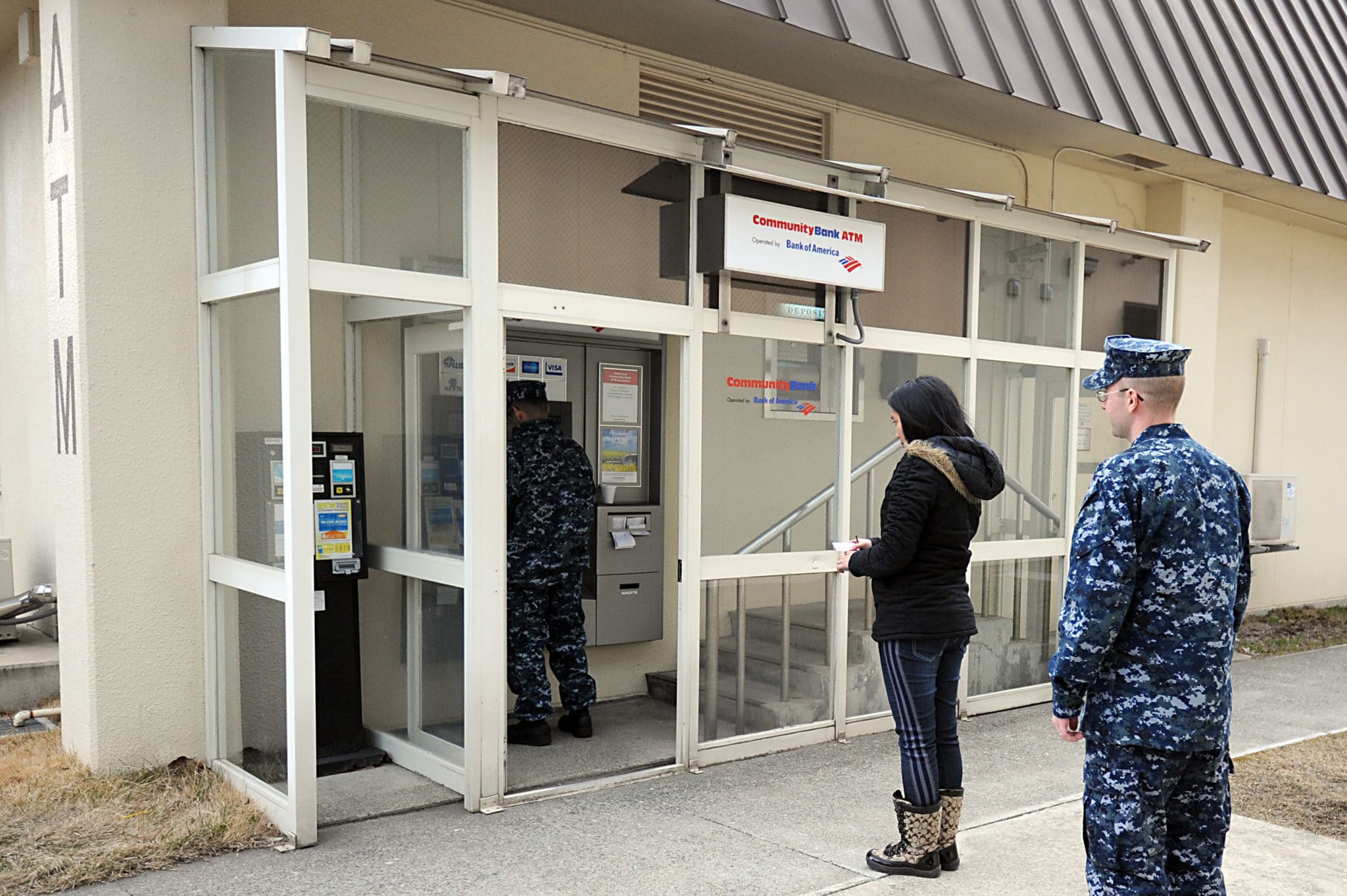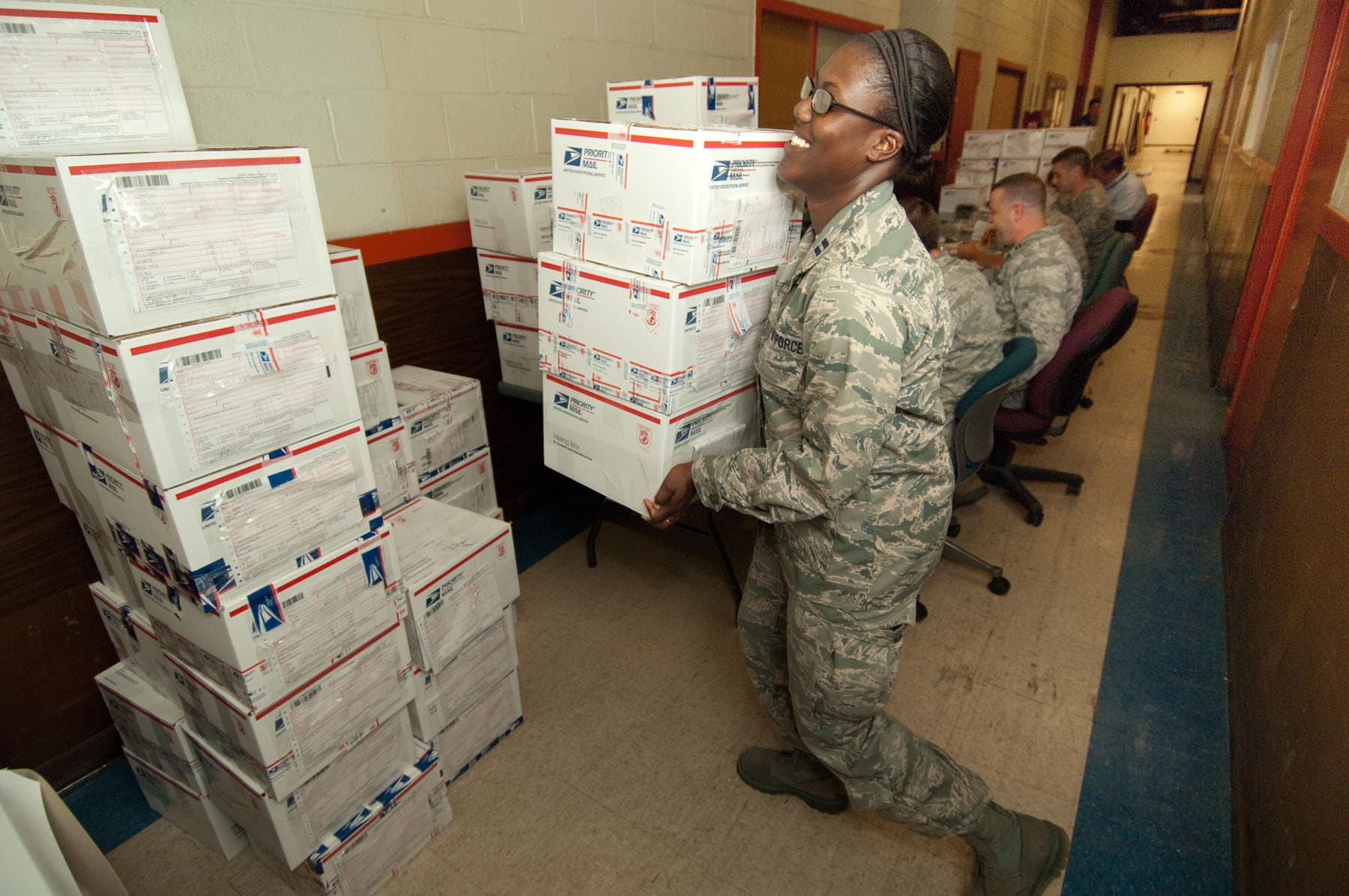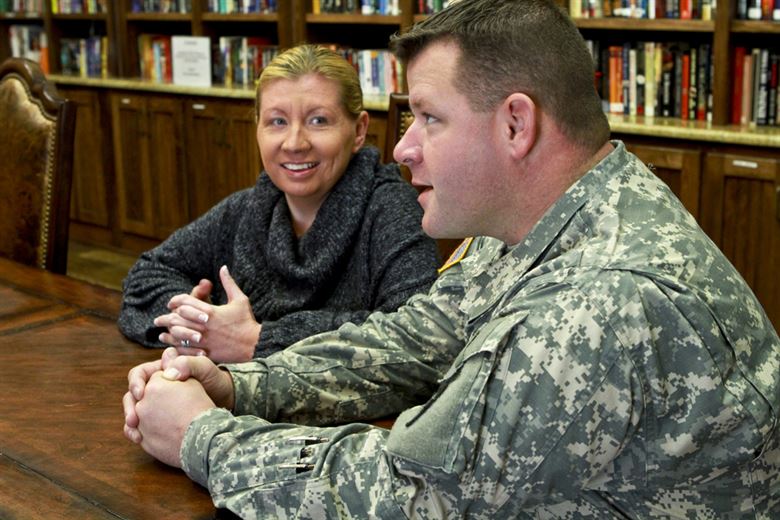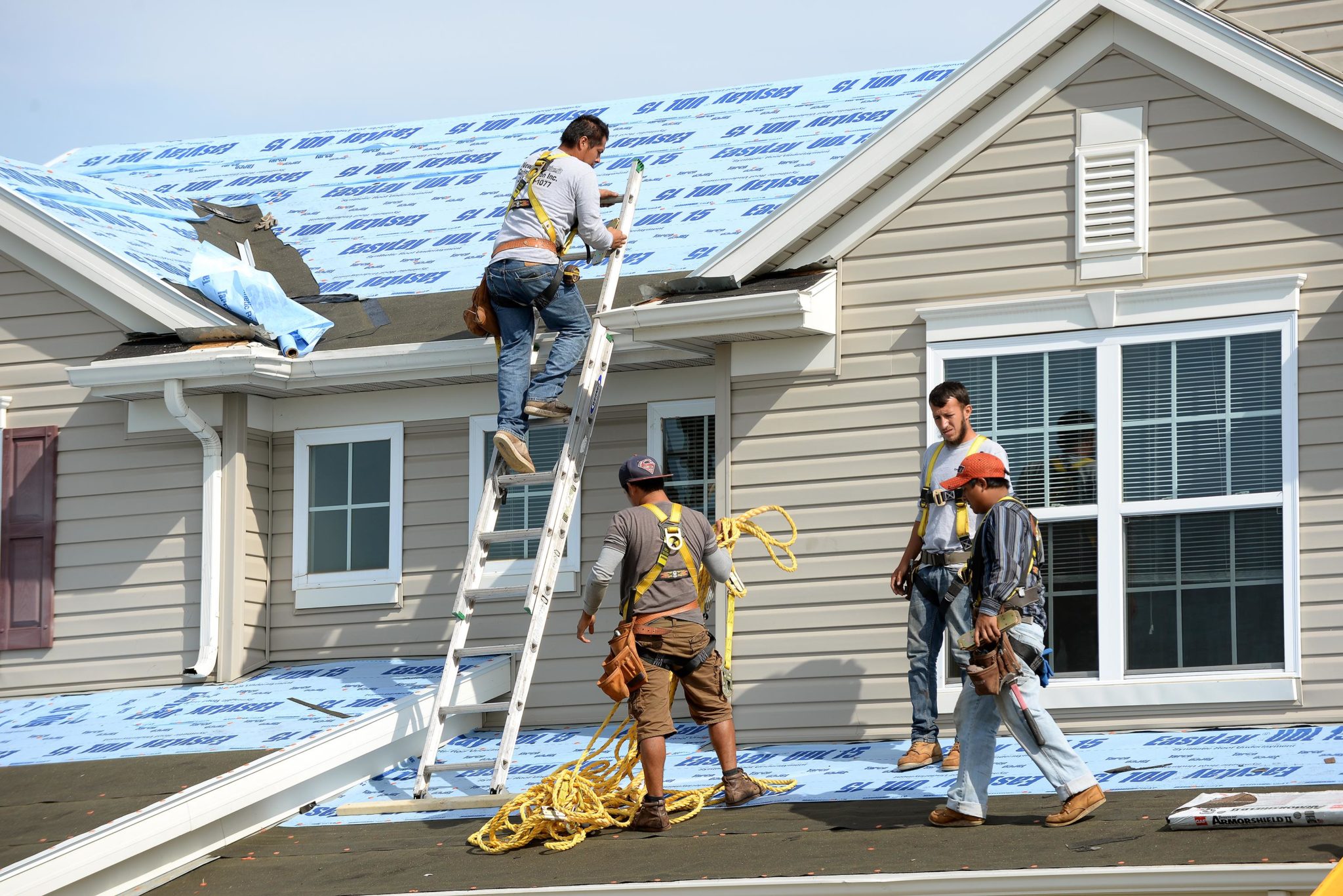
- The App
- Sandboxx News
- Resources
Learn
- Company
About
Become a Partner
Support
- The App
- Sandboxx News
- Resources
Learn
- Company
About
Become a Partner
Support
It’s not just the service member who has to prepare for deployment. In fact, a spouse staying at home often needs to do just as...

It’s not just the service member who has to prepare for deployment. In fact, a spouse staying at home often needs to do just as much, or more preparation. Start early and don’t wait until the last minute (emotions will run high, and you’ll want to have all the practical stuff out of the way). Here is a list of important things to consider before your spouse’s deployment:

Make sure you have all your paperwork in order. This includes: Asking your spouse to create a power of attorney; making a will for both you and your spouse; reviewing your homeowners’ insurance and life insurance; making sure you have flood insurance (I have personally needed this, as have people I know who didn’t live near an ocean); making sure your passport is up to date if you plan on visiting your spouse overseas; collecting birth certificates, car titles, house deeds, marriage licenses, etc. Put all your most important paperwork in one folder or box.
Become a joint account holder on your accounts. You can typically do most transactions with a power of attorney, but if your name is on the account it saves you time and effort. This doesn’t just mean bank accounts. Add your name to the cable, internet, insurance, rent, credit cards, etc. so you can pay these. Make sure the bills are going to your email address, not your spouse’s, so you don’t pay them late, or set up automatic payments.

Know your spouse’s social security number (and write it down somewhere secure).
Know every password (and pin number).
If you don’t already, know where to take the car if it breaks, as it inevitably will.
Talk about care packages. How often will you send them? What kind of things are you allowed to send? What kind of things does your spouse want to receive? This might include subscribing to a favorite magazine and including it in the package once a month. Come up with some ideas ahead of time. Make sure you know your spouse’s mailing address. Also, send this address to friends and family and ask them to commit to sending at least one care package during the deployment; it will mean a lot.

Buy a lot of phone cards.
Make sure they will work on your spouse’s ship or base, because some only accept certain kinds. Sign up for a Skype account too.
Have a copy of your spouse’s orders.
Get your house in order.
Commit an afternoon together to changing all of the batteries in the smoke detector, all hard-to-reach lightbulbs and fixing minor things that are broken. It will make your life so much easier not to worry about that stuff later on.

Make a budget.
Your budget will change during deployment. Make sure you have a household budget for what you will spend at home, and make sure your spouse has a budget for what they can spend on port calls, time off, and expenses on the ship. Discuss how much you want to save during deployment also.
Know who to call.
Do you have a landlord? Does anyone do your yard maintenance? Who is your electrician? Who is your plumber? Who fixes your HVAC? Do you have your spouse’s family’s phone numbers in case of an emergency? Does your neighbor have a copy of your key in case you get locked out of the house?

Know where you’re going in the case of a natural disaster.
I can’t even count the number of times I had to evacuate during tornado and hurricanes warnings. West-coasters will need an earthquake or wildfire plan. Make a list of things you will take with you so you can grab them quickly. Have documents all in one place. Make sure you have pet leashes and tags. Know which hotels accept pets (all Starwood hotels, for example, do).
Have the tough conversations.
It’s not easy, but make sure you discuss worst-case scenarios. What kind of funeral does your spouse want? What is the life insurance policy? Is there a trust for your children? What does your spouse envision for your and your children’s future? Many people going on deployment write a note for their spouses and children to be opened if they don’t make it home.

Have a backup childcare plan.
If you have no family nearby, make sure you have a plan for who will watch your children if there is an emergency and you have to go to hospital, get stuck at work, go into labor if you’re pregnant, or get stuck on a flooded street (it’s happened to me). Talk to your neighbors, babysitters and fellow spouses to compile a list of who you will call for what situations.
Know how to send a Red Cross message.
If there’s a family emergency, the Red Cross can contact your spouse on deployment even when there is no internet access. Put this number if your phone: 1-877-272-7337.
This article was originally published 8/23/2020
Feature image courtesy of Mass Communication Specialist 1st Class Shannon Barnwell, U.S. Navy




